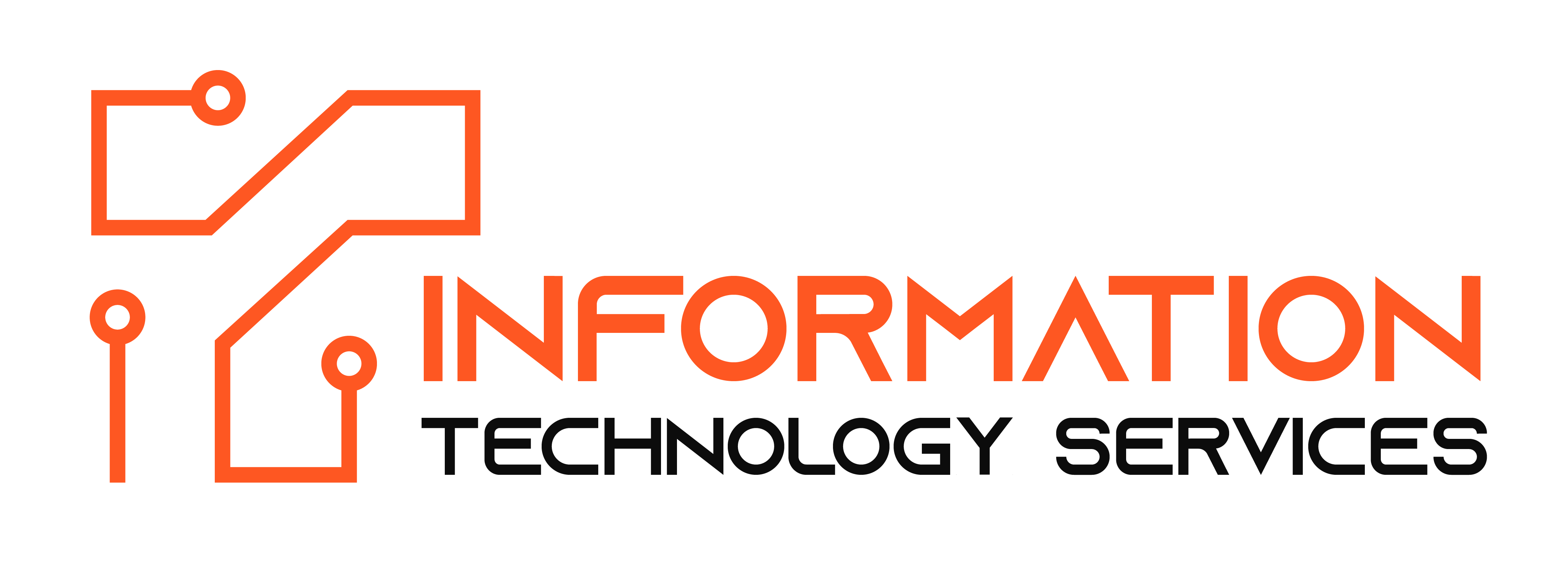What You Need to Know About Cloud Computing
Numerous hosted services are provided via the web for a range of business needs. This is called cloud computing. Through cloud computing, companies can utilize resources over the internet instead of building and maintaining their own in-house infrastructures. In other words, it refers to storing and accessing info and apps over the web rather than getting them all stored on your computer’s hard drive.
There are 3 types of cloud solutions for business to choose from depending on their needs, that is:
- Hybrid cloud
- Private cloud
- Public cloud
Each of these cloud computing types offers different benefits and features. However, with each type, the results are the same – it can be done wherever you’re at any time.
Hybrid cloud
Hybrid cloud computing is ideal for organizations or businesses that opt for the security provided by a private cloud. This kind of cloud solution is suitable for workloads that are very dynamic and highly likely to experience changes. That includes businesses that can be divided into two spheres; non-sensitive and sensitive.
Additionally, the hybrid cloud works best for enterprises with seasonal data spikes, those with workloads associated with API compatibility, big data processing, and needing a powerful connection to a network.
Private cloud
Private cloud is well suited for industries with privacy concerns, including medium-sized and well-established businesses that require meeting standards for compliance and security, for example, IoT companies like those that trace customers via their phones. Other examples include:
- Health data companies
- Industries with having intellectual property issues
- E-commerce sites storing credit card information
- Companies that care about data sovereignty
A private cloud is handled by an in-house IT personnel or it can be managed by a private host. Private cloud computing provides full control and flexibility helping businesses to manage their dedicated resources within a third-party data center.
Public cloud
Public cloud computing is ideal for industries that have huge amounts of data without major privacy concerns. Companies that utilize this service prefer a pay-as-you-go structure. That type of cloud computing is managed by a third-party provider.
Moreover, the public cloud is best suited for services, storage, and applications that are made available publicly and those that utilize shared resources that are handled by the cloud provider.
Conclusion
As cloud computing continues to rise, small to medium-sized businesses can now come up with websites and take advantage of online influence with ease. And with so many benefits to enjoy, shifting to the cloud is a great opportunity for businesses.





